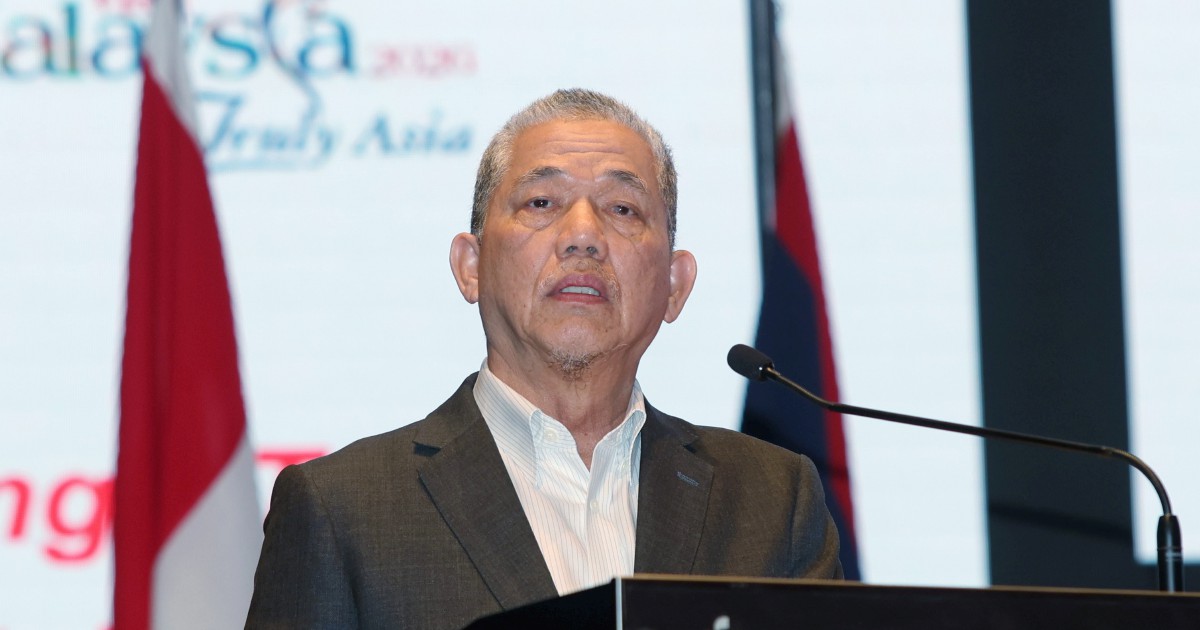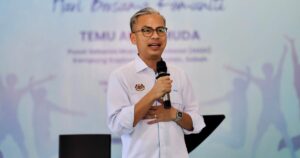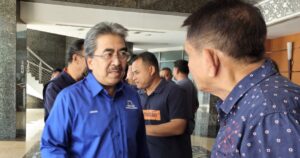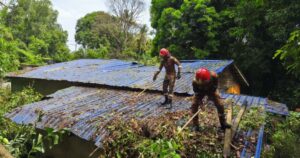KUALA LUMPUR: The government has yet to decide on the implementation of the sixth phase of the Large Scale Solar (LSS6) programme as it seeks to base future energy planning on actual consumption data rather than projections.
Energy Transition and Water Transformation Minister Datuk Seri Fadillah Yusof said the ministry has engaged with more than 10 stakeholders to assess the country’s long-term energy needs.
“For now, LSS PETRA 5 and 5 Plus have been implemented. Whether LSS6 proceeds will depend on future energy requirements,” he told reporters at MBSB’s Driving the Green Energy Transition Programme.
While demand forecasts, particularly from data centres, appear promising, Fadillah states they are not yet a reliable foundation for determining additional generation capacity.
“Many parties have projected large energy demands but we do not want to rely solely on forecasts. We want to see actual usage, real data, not just estimations,” he said.
Fadillah, who is also deputy prime minister, said the LSS scheme remains a key government initiative to increase Malaysia’s renewable energy capacity in line with its energy transition and carbon reduction goals.
He also highlighted ongoing efforts to democratise access to solar energy through targeted initiatives such as the Net Energy Metering (Nem 4.0) programme, Self Consumption (Selco), and the 5km Community Energy Initiative (Krim).
“Nem 4.0 allows users to sell excess solar energy to the grid,” Fadillah said, adding that it has helped reduce electricity bills for many households.
However, he acknowledged growing concerns about subsidy fairness between solar and non-solar users, prompting a review of the current system with newer schemes like Selco and Krim designed to empower communities, not just individuals.
“These approaches allow communities to collectively build and manage their own energy systems. This is the model we are pursuing, bringing people together not just as consumers but as a community,” he said.
© New Straits Times Press (M) Bhd






